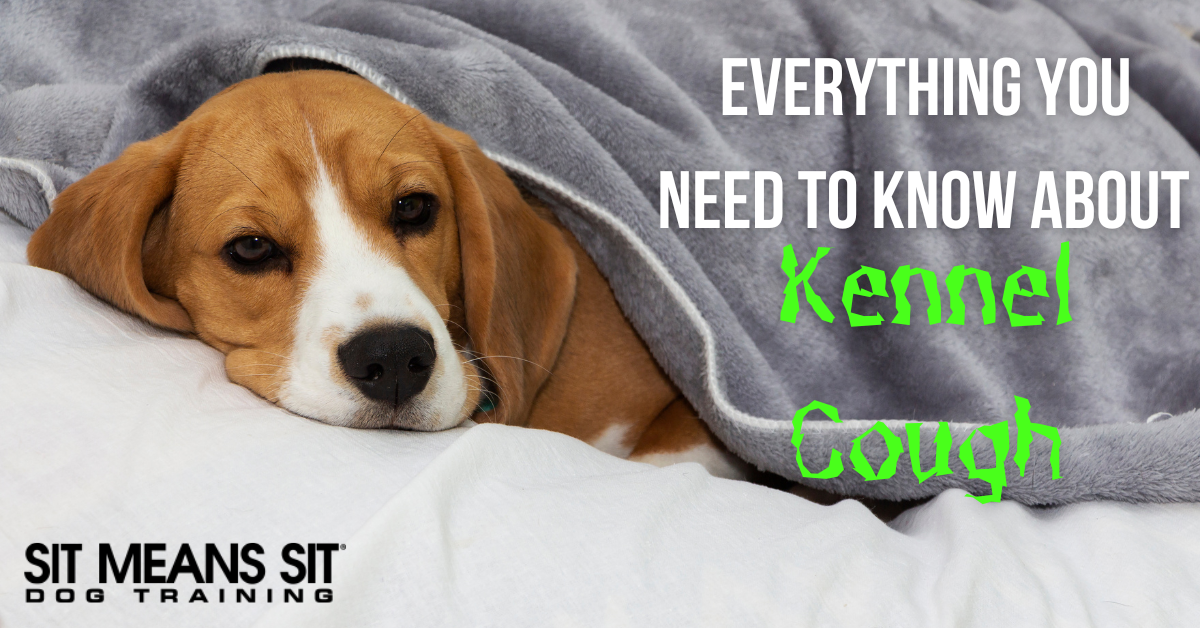
Everything You Need to Know About Kennel Cough
You just returned from your unforgettable vacation and can’t wait to be reunited with your furry friend. But once you get home, Fido won’t stop coughing. Oh no! Look’s like your dog might have a case of Bordetella, also known as kennel cough.
What’s Kennel Cough?
Bordetella, known as kennel cough, irritates canine lungs and large airways. This infection cannot affect humans but spreads rapidly among man’s best friends. Bordetella, dubbed “Kennel Cough’, is common at kennels and shelters. Kennel cough spreads rapidly due to its 3-6 day incubation period. The infection affects dozens of dogs simultaneously and infects through direct contact. A simple touch of the nose or sharing a toy can cause kennel cough.
Kennel Cough Symptoms
A dry, hacking cough characterizes kennel cough. It can also make dogs gag and, in some cases, vomit. While kennel cough is loud and inconvenient for your pooch, it shouldn’t hinder their breathing ability. While affected by kennel cough, many dogs often experience runny noses and watery eyes. Even though kennel cough sounds scary, it doesn’t affect dogs’ appetites or energy levels. If Fido loses his appetite, becomes highly lethargic, or has colored nasal discharge, seek medical attention immediately.
Preventing and Treating Kennel Cough
Antibiotics and cough syrup can treat kennel cough’s more painful symptoms. Contact your vet if your dog has kennel cough; they can prescribe the best treatment. In the meantime, make sure your dog is comfortable and resting at home. Ensure your pup is hydrated and eating full meals. Vaccination is the best way to fight future kennel cough infections. An injection or nasal spray option is often available. This vaccine is highly effective and can lessen the symptoms of kennel cough in the future.
No one wants their dog to be sick. But now, you are properly equipped to take on kennel cough!
